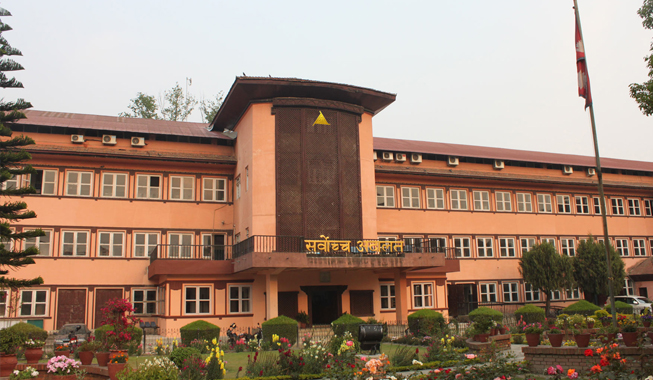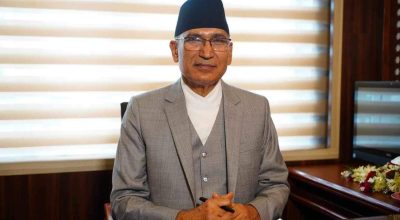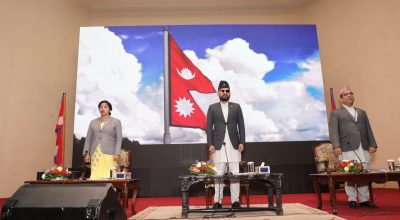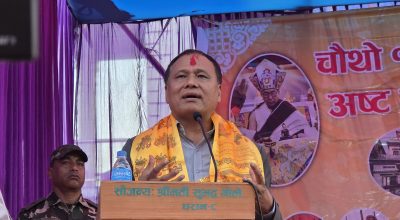
The bench decided to quash the petition citing that there was no need to act on irrelevant issue.
Kathmandu, Aug 29: The Supreme Court on Wednesday quashed a writ petition that challenged the Bilateral Investment Promotion and Protection Agreement (BIPPA) signed between Nepal and India on October 21, 2011 during the state visit of then Prime Minister Baburam Bhattarai.
A five-member constitutional bench of Chief Justice Cholendra SJB Rana and justices Deepak Kumar Karki, Kedar Prasad Chalise, Mira Khadka and Hari Krishna Karki quashed the petition on the ground that the Indian government itself has already revoked the agreement.
“The petition was quashed because the government attorney submitted a letter received from the Indian side through diplomatic channels stating that the government of India has already revoked the agreement,” senior advocate Balkrishna Neupane, who has the petitioner of the case, told Republica.
According to him, the government submitted the letter to the bench. The government lawyer also stated that the government of India has withdrawn similar agreements with 68 countries so the bench decided to quash the petition citing that there was no need to act on irrelevant issue.
On October 30, 2011, a Public Interest Litigation (PIL) was filed by Neupane demanding the apex court’s intervention for the annulment of the agreement.
The petitioner had then claimed that various provisions of the agreement were against the sovereignty and integrity of Nepal and therefore urged the apex court to intervene.
The petitioner had claimed that Article 1(E) of the agreement undermined the airspace rights of Nepal through limited interpretation of airspace rights of Nepal in violation to Article 4 of the constitution.
The petition also mentioned that Indian companies in Nepal could hire employees from India against Article 12 (3)(f) of the constitution and Section 4(A) of the Labour Act, 1991. The petitioner claimed that the agreement undermined the fundamental rights of Nepali citizens.
Stating that BIPPA has long-term and wide-ranging impacts on Nepal’s resources and sovereignty as well as integrity of the nation, the petitioner claimed that the then government did not have the right to sign such agreement without the approval of two-thirds majority of the parliament.
The petitioner had claimed eight years ago that the provisions of the agreement were against the interest of Nepali citizens as the agreement stated that it will come into effect only after mutual diplomatic correspondence between the signatories.















